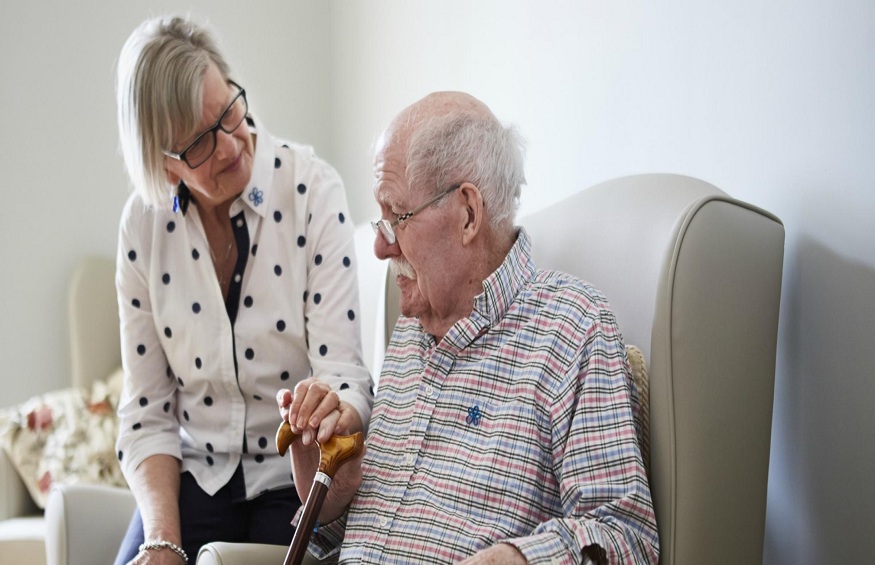How to Care for Someone with Dementia at Home
To put it simply, dementia is essentially the loss of your cognitive function. This makes the ability to remember, think and reason, which affects the everyday functions of people’s lives severely. Dementia causes a decline in people’s ability to function as an individual overall, as the brain slowly begins to shut down. And sadly, most people begin to forget all aspects of things we take for granted- such as swallowing and eating, which leads to loss of life. Millions of people in the UK are unfortunately living with the disease dementia. For many, caring for those with dementia is not just a one-person job, as it requires around the clock care. Here at We Buy Any House, we have compiled our top tips on how to care for someone with dementia at home.
You Will Need to Learn to Manage Their Money:
For those with dementia, managing money can be extremely hard. Although they may be able to manage some of their basic finances, it’s important that they are set up with their direct financial debits so they can pay their regular basic bills. However, if the individual is unable or would prefer not to handle their own finances, then it’s important to ensure that you cover those bases. You can contact the respective companies, and inform them that the individual has dementia, and provide them with an alternative email or contact number, so that the person isn’t directly cut off from their suppliers if they forget to pay bills.
Stick to a Routine:
When it comes to those suffering with dementia, routine is incredibly important. Implementing a structure that is important to their daily routine can actually help reduce behaviours that are undesired, such as aggression, agitation and restlessness- all of which are common in dementia patients. For those living with dementia, routine can help them thrive and amazingly, will help them gradually repair their ability to make plans and contribute to activity. Additionally, routine is also a great way to keep those with dementia calm.
Writing Things Down:
No matter who you are in life, writing things down is a great help and can contribute towards you having a more organised and structured life. If you’re looking after those who have dementia, then encouraging them to write things down is a great way to help them remember appointments, any to do-lists or important reminders.
Plan Fun Activities:
When looking after someone with dementia, it’s important to plan activities that are fun which you can do at the same time each day- therefore incorporating routine. Some great activities to do for those with dementia include dance, tai chi, yoga, walking or swimming. Another idea is to find group activities that are dementia friendly.
Keep Memories Alive:
If you are caring for someone with dementia, then it’s important to keep memories alive. Look at photographs, share life experiences, old music clips or a book to recreate those memories and keep them at the forefront of their mind.
Dress in Loose Clothing:
Dressing when you have dementia can be very difficult at times. You want to keep the experience as stress free as possible, as it can cause anxiety and stress for them. Whether they find it frustrating to choose an outfit, or not remember how to dress themselves, you want to make the process as easy as possible. Therefore, choosing loose fitted clothing is a great idea. Cardigans, shirts and blouses are perhaps the most ideal, or alternatively, clothes that have zippers, snaps or buttons. It’s also important to choose pieces of clothing that are stretchy and loose fitted, especially around the hip and waist area.
This article was written by a quick house sale company We Buy Any House. If you’re wondering “how can I sell my house fast?”, head to the We Buy Any House website for more information relating to all property related enquiries.
Dimentia is only one prevalent condition in seniors. There are so many others to think about, and so many prevention measures you can take to help your aging loved ones. Check out the infographic below for preventative care tips!
Infographic provided by TargetLeads, a Medicare lead mailing company




